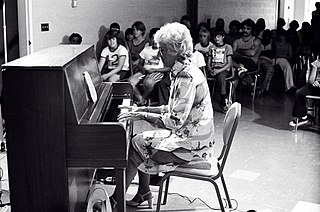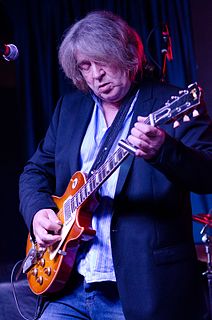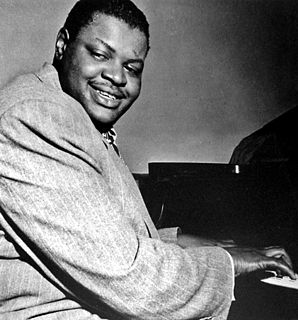A Quote by Thomas Newman
I know what my taste is, and I do like my touch on the piano.
Related Quotes
As a kid, I took piano lessons, and I didn't like it. It wasn't cool. I was into Duran Duran and rock music. I didn't have any interest in piano. I did it for three years, and because of piano, I learned percussion. I learned scales. I learned how to sing. Piano gives you all of the basics of those things.
The first job I ever did in the theatre, I was supposed to be a genius piano player. I couldn't play the piano, but you just sit there at a piano like you're playing, and suddenly all this amazing music comes out and the audience believes you can do it. It's the same with computers. I love scenes where there are people yanking at monitors, "yes I'll put you through now," and you know they're just doing that. But you can look brilliant at all this technology. I love it.
Those who marry God can become domesticated too - it's just as hum-drum a marriage as all the others. The word Love means a formal touch of the lips as in the ceremony of the Mass, and Ave Maria like dearest is a phrase to open a letter. This marriage like the world's marriages was held together by habits and tastes shared in common between God and themselves - it was God's taste to be worshipped and their taste to worship, but only at stated hours like a suburban embrace on a Saturday night.






































